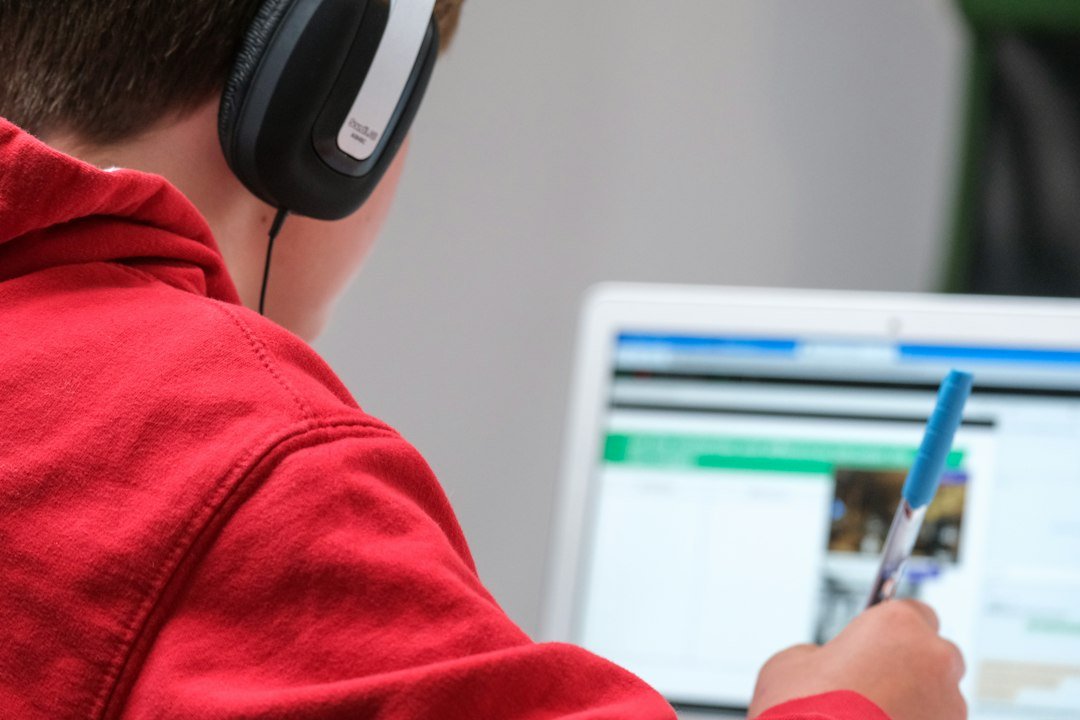The impact of teacher-student relationships on academic performance
When it comes to education, there are countless factors that influence a student’s academic performance. From the curriculum to the teaching methods, all of these aspects play a significant role. However, one factor that is often overlooked but holds immense importance is the teacher-student relationship.
Teachers are not just educators; they are mentors, guides, and role models. They have the power to shape students’ lives in many ways. Developing a positive and supportive relationship between teachers and students has been proven to have a profound impact on academic performance.
Firstly, a positive teacher-student relationship creates a safe and nurturing learning environment. When students feel comfortable and respected in their classroom, they are more likely to engage actively in the learning process. They are more inclined to ask questions, participate in discussions, and take risks in their academic pursuits. This positive atmosphere fosters a sense of belonging and motivates students to excel academically.
In addition, a strong teacher-student relationship promotes effective communication. When students have open and honest lines of communication with their teachers, they are more likely to seek help when needed. This ability to seek assistance when facing academic challenges leads to quicker problem-solving and a deeper understanding of the subject matter. Moreover, teachers who know their students well can provide personalized support and guidance, tailoring their teaching methods to match each student’s unique learning style and needs.
Furthermore, a positive teacher-student relationship helps students develop a growth mindset. A growth mindset is the belief that one’s abilities can be developed through dedication and hard work. Teachers who foster this mindset by encouraging effort, perseverance, and resilience contribute greatly to students’ academic success. When students feel supported by their teachers, they are more willing to embrace challenges and view failures as opportunities for growth, rather than setbacks. This mindset shift leads to increased motivation and a willingness to put in the necessary effort to excel academically.
Moreover, the impact of teacher-student relationships extends beyond the classroom. A trusted and caring teacher can serve as a role model and guide for students, guiding them not only academically but also in their personal development. Teachers who show empathy and understanding towards their students help build their self-esteem, confidence, and overall well-being. This, in turn, has a positive effect on their academic performance as students who feel valued and respected are more likely to be engaged and motivated.
On the other hand, negative teacher-student relationships can have detrimental effects on students’ academic performance. When students experience hostility, criticism, or indifference from their teachers, it creates a barrier to their learning. They may become disengaged, lose motivation, and experience a decline in their academic performance.
In conclusion, the impact of teacher-student relationships on academic performance cannot be overstated. A positive relationship between teachers and students creates a safe and supportive learning environment, promotes effective communication, and fosters a growth mindset. It also serves as a source of inspiration and guidance for students, facilitating their personal development along with their academic success. As educators, it is crucial to prioritize building these relationships to ensure the holistic growth and success of our students.

